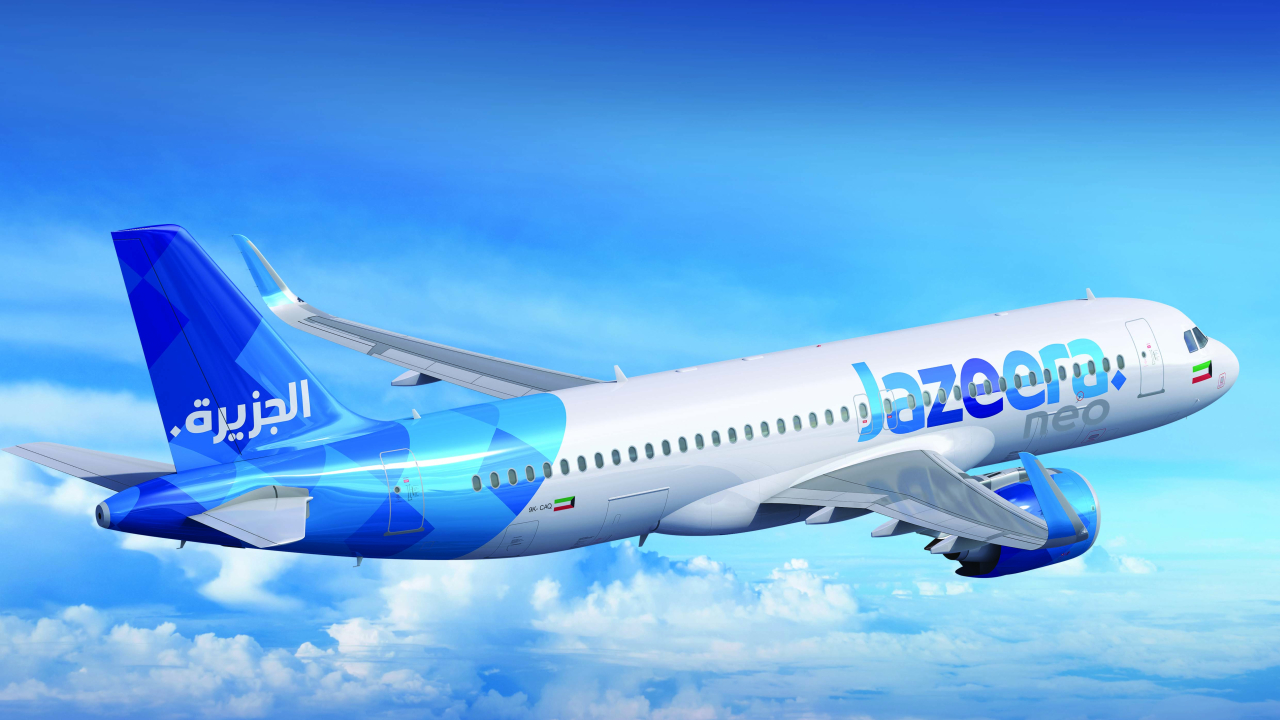Key finance market worth a secondary look
One key challenge for the recovery and growth of the air transport and business aviation sectors is access to finance. Ian Sheppard meets up with one company that says South African finance could offer a solution.

James Geldenhuys, head of aircraft finance at Johannesburg-based Nedbank Capital, sees a growing range of opportunities in secondary finance. “We found that there were deals where aircraft are coming out of the first round of finance and the big guys – major lessors etc – are not interested in equipment 10-12 years old.”
Nedbank recently completed sale-and-leaseback (SLB) arrangements on two Boeing 777-200s with Emirates and Veling (based in
“It was great as it ended up being an all-African financing deal for Emirates,” said Geldenhuys, who added that Nedbank’s typical deal (or ‘ticket’) size is $25-30 million and involves narrow-bodies or regional aircraft rather than wide-bodies. It currently has 21 aircraft in its portfolio (as of the end of May) along with rotables and some spare engines.
So what changes has Nedbank seen in the aircraft market over the past 18 months?
Geldenhuys said lots of banks have dropped out of the market, having “taken a step back” after the credit crunch. “There’s a lot of inventory out there now and this is reflected in the margins. Pricing is much more scientific than it was a couple of years ago – but it helps us that the bigger players are concentrating on their big clients.
“We look at what comes along in the secondary market, rather than jumping at RFPs (airline requests for proposals) – as they are mostly for new equipment. We don’t want to come up against country credit ratings. Ours is more a rifle than a shotgun approach. And, from a raising dollars viewpoint, a three-to-seven year term is the sweetspot.”
Geldenhuys defends
He also said Nedbank deals with “first class respected firms relevant to the jurisdiction” and has “a strong in-house legal team”. So it is well placed, it seems, to take advantage of increased market activity, although Geldenhuys is cautious still: “I think banks will remain conservative and that the capital markets will come back first, before the banks reconsider their stance. It’s the old story of the play between balance sheet and asset value.”
Nedbank’s aircraft finance team is particularly looking to be involved with experienced lessors. Geldenhuys said: “Lessors are good at identifying profitable, and therefore better, transactions in the second-hand market – while the market on new equipment is very competitive with a lot of the big banks focusing only on that segment.
With some experience of the
“We have not done Sharia deals before and currently don’t have the expertise. We have not experienced a demand for this type of finance, perhaps due to the market segment that we do business in,” concluded Geldenhuys.
Stay up to date
Subscribe to the free Times Aerospace newsletter and receive the latest content every week. We'll never share your email address.

